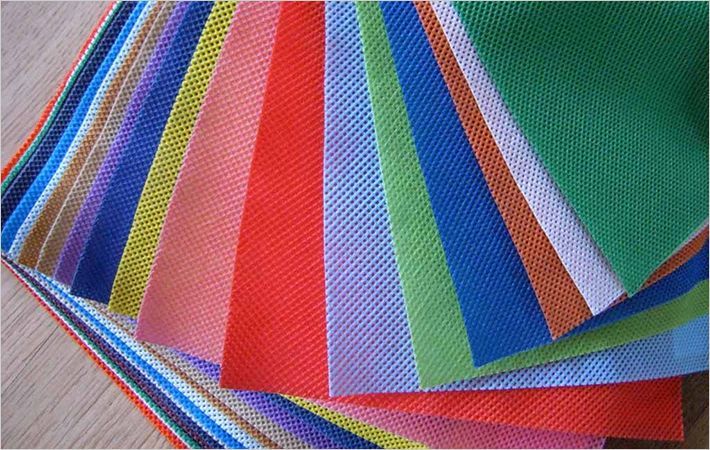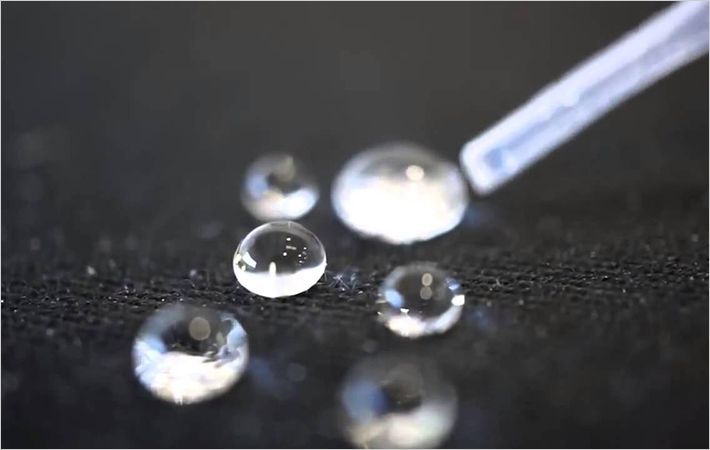The textile ministry has planned a large foreign direct investment (FDI) push for the sector, especially in the technical textiles, apparel, machinery and garments, starting with roadshows and followed by FDI policy rejig in the sector later to augment investments.
The push is to invite upscale technology into the sector to make it more export oriented as the ministry hopes the technical textile segment in India will attract investments worth Rs 5,000 crore by 2012. This is quite significant since the entire sector has not been attracting much FDI. Approved FDI is very minuscule, in the range of Rs 30-36 crore.The textile ministry has planned a large foreign direct investment (FDI) push for the sector, especially in the technical textiles, apparel, machinery and garments, starting with roadshows and #
“FDI in the sector is aimed at doubling investments in the sector over the next 5-10 years. But at present we want to make the policy investor friendly,” said an official source.
Under the plan, it will conduct roadshows in the Europe, the United States and other places like Japan and China to gather feedback for the review to increase FDI in the sector.
Even if FDI up to 100 per cent is allowed in the sector, the finer details may be reworked to promote sector-specific export opportunity and getting partners especially for technology transfers to develop the sector, etc, said officials. They added the review could look at providing sector-specific export promotion schemes, extension of technology upgradation fund (TUF) to foreign investors or suggest tax holidays to investors investing in cluster parks etc.
It could be mentioned that the national fibre policy of the ministry, last year, had proposed that a joint venture with an Indian partner is a preferred route. But, now the ministry is open to standalone investors setting shop to provide technology, machines etc. Similarly, currently TUF is only for Indian investors and for foreign partners in joint venture with Indian companies. The review may open up TUF to standalone foreign companies who want to set shops for technology transfer or promote technical textiles, sources said.
The special incentive scheme , in vogue, for attracting FDI and domestic companies involves setting up a unit, with government equity participation not exceeding 26 per cent, or capital subsidy in the form of investment grant and interest subsidy. This is for the entire textile sector .
The priority attached to the sector of technical textiles is outlined by the fact that the ministry, for the first time, has proposed to set up a technological mission for technical textiles in line with those for natural fibre like cotton and jute and special incentives to attract FDI in this sector..
Officials said Indian companies were heavily engaged in synthetic fibre, which is a downstream product of petrochemicals like polypropylene, viscose and polyethylene, but have shied away from upgrading the chemical into forming technical textiles due to lack of technology.
Technical textiles are materials and products used for their technical performance and they differ from other man-made or synthetic fibre for using very high grade of petrochemicals so as to render high tenacity and high resistance to the fibre. While polyester, viscose, nylon and polypropylene account for 70 per cent of the total fibre used in technical textiles, specialty fibre of upgraded variety comprise the rest 30 per cent.
For the domestic technical textile industry, the special incentive package of the national fibre policy which is already with the Cabinet, includes proposals to exempt Customs Duty on the import of capital equipment, reduce excise duty from eight per cent to four per cent on focus fibres and exempt technical textiles from the general sales tax for a period of two years, so as to realign the existing anomalies in value-added tax first.
Business Standard

